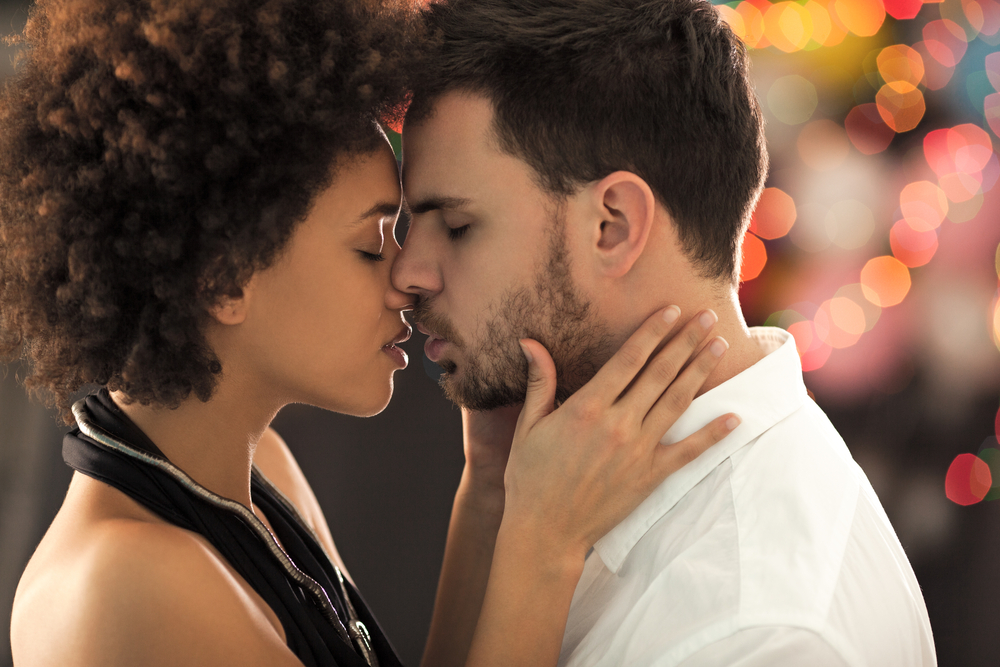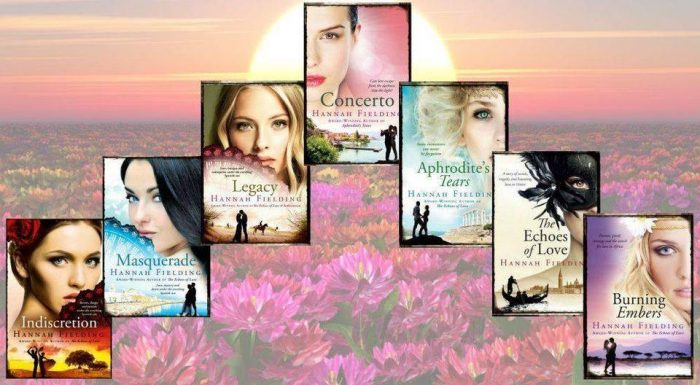Love in the pandemic: falling in love, staying in love
Love in the pandemic: falling in love, staying in love
Love in the pandemic: falling in love, staying in love
-
Hannah
-
Hannah

In my romance novels, the heroine and the hero invariably encounter obstacles to their love. In Concerto, Umberto has lost his sight in an accident and sunk into a deep depression; in Song of the Nile, Aida’s father has died, leaving her grieving, angry and unable to trust.
‘These things are sent to try us’ is a common adage used in response to difficulties, but is that true? The minister Avril Hannah-Jones writes so eloquently:
Illness and poverty and heartache and isolation and the deaths of those we love are not sent to try us. When we experience illness and poverty and heartache and isolation and the deaths of those we love God is experiencing them with us, not looking down on us to see how we’ll respond.
‘How we’ll respond’ is key. Adversity can make us stronger, but it can also make us struggle, as individuals and in relationships.
Lockdown put so much pressure on couples. Those cohabiting suddenly found themselves spending 24/7 with each other: too much at times. The loss of ‘me time’, of a sense of personal identity, of independence could easily lead to frayed tempers. According to a survey conducted by Groupon, ‘the average couple has experienced the equivalent of four extra years in their relationship’. Fifty-nine per cent of respondents said that the pandemic ‘has been the ultimate test of their relationships’. Even as restrictions have eased a little, there is still an onus on staying home, still a lack of independence for people. No wonder there has been a spike in divorce applications and break-ups (source: BBC).
For those couples not cohabiting, the separation and isolation have been so difficult to bear. To be unable to hold your loved one, comfort them, share with them… it’s painful even to write the words. Suddenly, many people have been facing the challenges of a long-distance relationship (though in fact the distance may be relatively short). Zoom and FaceTime provide a means to connect, but they can never replace meeting in person and actual physical contact, which is such a basic human need.
Dating, too, has been profoundly affected. To find a partner, to fall in love – how is this possible with all the restrictions? As a Telegraph article put it, there has been a ‘longing to return to in-person dates that do not include a freezing cold walk or al-fresco cocktails’. But even with restrictions easing, dating is something of a minefield. People report feeling hesitant, nervous, about getting close to someone new – do you wear a mask, can you touch, where can you go on your date?
So what can we do to protect our relationship or nurture a new one? Well, first of all we can be compassionate with ourselves and others. We have been through a lot, and it will take time to feel entirely ourselves. We can try to be tolerant and understanding; we can try to give people space and claim it for ourselves. We can look for the good in others and in ourselves. We can talk through feelings and issues that arise, and listen to others. We can look after our mental health and practise mindfulness and acceptance. We can seek the joy, the hope, the love that has always sustained humanity.
And we can be open, always, to romance. As an Elle article put it, ‘Romance novels are the antidote to pandemic life.’ May I suggest my own novels? They are guaranteed to sweep you away to a world of passion.

For more information on nurturing your relationship during the pandemic, visit the Mental Health Foundation.
Photo credit: LStockStudio/Shutterstock.com